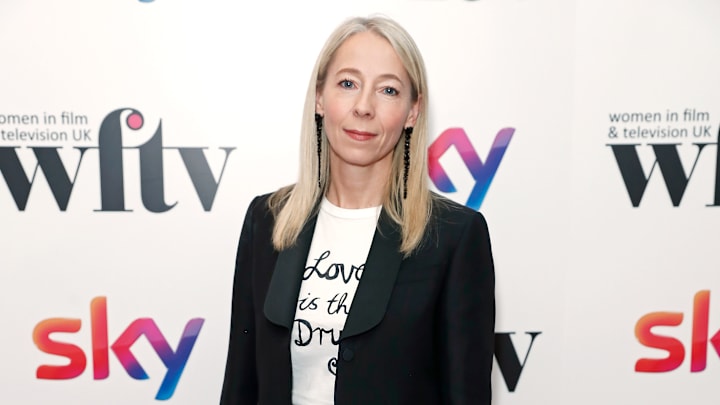Jane Featherstone, the producer of Black Doves and founder of the global TV and film production company called Sister Pictures, claimed that BBC does not have funds to run the shows anymore. It raises a big question mark on the industry’s sustainability.
Featherstone gave some of the famous shows like Kaos (2024) and The Split (2018) as examples. She argued during the parliamentary inquiry regarding high-end film and TV productions and their future.
Culture, Media and Sport Committee (CMSC) was monitoring the discussion when Featherstone asserted that she is aware BBC does not have enough funds for putting into multiple shows that it has in the release pipeline.
CMSC’s high-end committee swept it under the carpet for a while during the general elections time irrespective of the fact that a number of UK TV leaders brought the same inquiry last year. The big names include Gurinder Chadha, Jane Tranter, and James Hawes (director of Slow Horses).
BBC and its ‘soft green light’ issue
She was of the view that consequently, the shows might “take two to three years to come to screen”. This is mainly blamed on the BBC’s ‘soft green light’ stage.
Soft green light means when a program is given the green light to be aired but the producers are told that the channel still needs time for funding. This reason particularly came to the surface when Featherstone spoke about the issue coming in the way of Sister’s production of a new show for BBC, which is written by Dennis Kelly, the writer of Utopia (2013).
She went on to explain that despite getting a soft green light from BBC, they are struggling to address the issue of funding. The news of the same bogged-down situation of the UK shows at the soft green light stage was corroborated by Deadline for the past few months.
Featherstone elucidated that soft green light is 30 per cent of the project, a traditional amount of money they are ready to put in. However, she was afraid the UK cost system was getting closer to the “indie film model at the lower cost end”. They always have to grapple with the question of the remaining 60 per cent of the budget.
She highlighted another issue that might hinder her and other similar producers taking risks in investing in their shows and later presenting them to BBC. She cited that BBC and other Public Service Broadcasters need to “funnel more money” which is a dire need for high-cost content.
There would be a time when the market won’t consider the British content, which is an alarming state. It needs to be taken care of as soon as possible. Already there are several issues regarding BBC content that make it hard to resonate with a larger and global audience, such as focusing only on British social subjects, intricate production lines, and cultural nuances.
One of the articles published in The Guardian (2024) noted that British content heavily relies on big channels like BBC, Channel 4, Channel 5 and ITV but sadly, these platforms are also facing a financial crisis. They are left with no choice but to look for other ways to rescue their production and find international buyers for their shows.
BBC’s spokesperson had something to add
A BBC spokesperson agreed that the Black Doves producer’s comments emphasised the role of BBC in portraying British content as it is one of the oldest broadcasters, considering it to be a “jewel”. According to her, BBC still “bangs the drum for British creativity” amidst the healthy global market competition.
Knowing the facts like those pointed out in the Guardian article are true to some extent, the spokesperson admitted that BBC is the “biggest investor in UK producers, talent and skills”. Before these production people look for US rescuers to fund their shows or at least buy them for a larger success ratio, the spokesperson assured that UK producers “hold on to their rights” as the value of UK content would be retained.
On the contrary, Featherstone narrated the example of an ITV hit show Mr Bates vs the Post Office which wasn’t successful in selling to other countries. ITV boss substantiated that they had to face a £1m loss since overseas channels weren’t ready to buy the show’s rights “to help recoup its budget”. The show didn’t even manage to break even the costs despite being bought by 12 foreign broadcasters.
The same trouble now seems to be carrying forward to “the sustainability of our business model”, she said. She revealed that indie content doubled the turnover but failed to produce any profit, even in the post-Covid era which is considered a boom aeon.
Jane Featherstone confessed that her company might be risk-friendly but it is high time that she feels “less inclined to take those risks” due to the topsy-turvy nature of the current business sustainability model. She is not as hopeful about investments as she was a long time ago.
Nevertheless, she did not lose hope and ended her debate that this year, she expects a change. She backed Doctor Who producer, Jane Tranter, when she previously asked the UK government to improve tax credit along with a “game-changing” British indie film relief.
